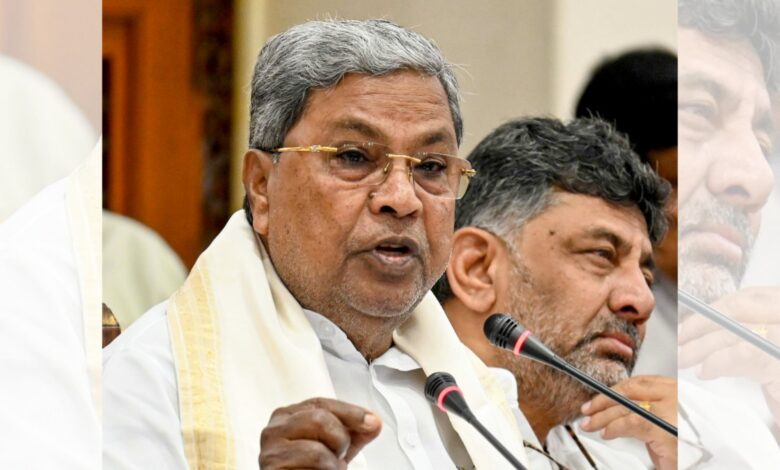In a significant turn of events, the Karnataka Legislative Assembly witnessed the defeat of the Hindu Religious Endowment Amendment Bill, commonly referred to as the temple tax bill, as the Congress government failed to garner sufficient support in the State’s Council. Here are the key highlights surrounding the bill and its rejection:
- Temple Tax Mandate: The proposed bill aimed to levy a 10% tax on temples generating revenue exceeding ₹1 crore and a 5% tax on shrines with revenue ranging between ₹10 lakh and ₹1 crore.
- Opposition Outcry: Upon the bill’s introduction in the assembly, opposition parties expressed strong opposition, setting the stage for heated debates and discussions.
- Promise of Reintroduction: Karnataka Minister Ramalinga Reddy assured the assembly that the bill would be reintroduced on Monday following the initial setback.
- Procedural Objection: Deputy Chairman of Karnataka Legislative Council Pranesh raised objections, stating that a bill cannot be postponed once it has been discussed.
- Adjournment for Deliberation: The assembly adjourned briefly for 10 minutes to deliberate and reach a decision on the procedural matter.
- Voting Dynamics: During the voting process, a significant number of BJP and opposition members participated, while only five ruling party members were present.
- Defeat in the Assembly: As anticipated, more legislators voted against the bill than in favor, leading to its failure to pass. BJP members responded with enthusiastic ‘Jai Shree Ram’ chants, contrasting with Congress members’ ‘Bharat Mata Ki Jai’ slogans.
- Ministerial Defense: Despite criticism, ministers Ramalinga Reddy and Dinesh Gundu Rao staunchly defended the bill. Reddy accused the BJP of being ‘anti-Hindu,’ while Rao emphasized the bill’s benefits for temples.
- CM’s Response: Karnataka Chief Minister Siddaramaiah dismissed allegations of misrepresentation regarding the bill’s amendments, accusing critics of misleading the public and attempting to sow communal discord for political gains.
- Political Implications: The defeat of the temple tax bill underscores the ongoing political dynamics in Karnataka, with the BJP leveraging religious sentiments while the Congress contends with policy challenges and opposition scrutiny.
The failure to pass the temple tax bill signifies a setback for the Congress government in Karnataka, highlighting the complexities of governance and legislative processes amidst political polarization.

